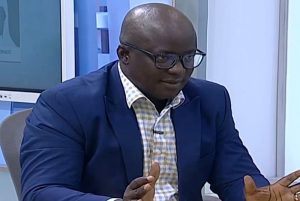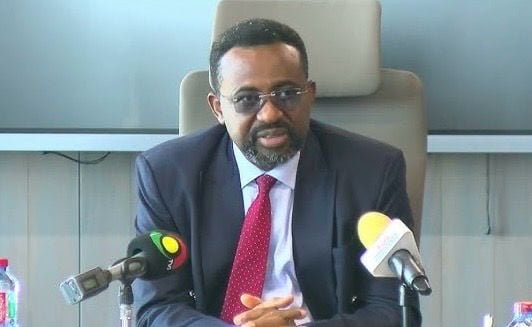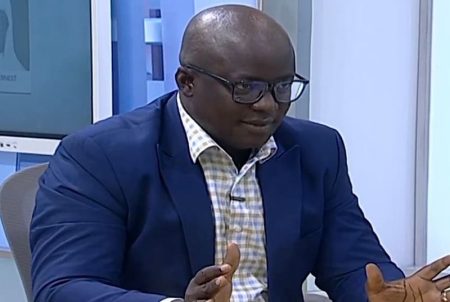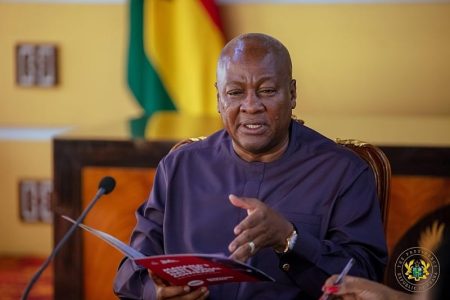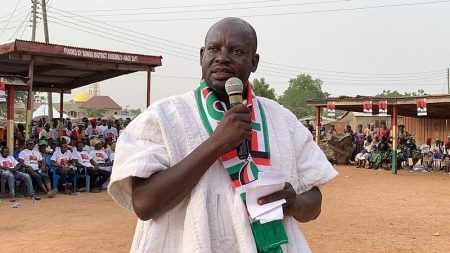The Governor of the Bank of Ghana (BoG), Dr. Johnson Asiama, has delivered a strong message regarding the recent appreciation of the Ghanaian cedi against the US dollar, asserting that the currency’s newfound strength is not a fleeting phenomenon but rather a product of fundamental economic shifts. He directly addressed those who are holding onto US dollars in anticipation of a future cedi depreciation, warning them that the underlying market dynamics have fundamentally changed, rendering their speculative strategy obsolete. Dr. Asiama emphasized that the cedi’s resurgence is anchored in concrete reforms, fiscal discipline, and enhanced economic resilience. He underscored the permanence of these positive changes, contrasting the current stability with the historical volatility that characterized the cedi’s past performance.
The Governor pointed to several key factors contributing to the cedi’s remarkable 21.5% year-to-date appreciation as of May 20, 2025, a stark reversal from the 19.2% depreciation witnessed in 2024. He highlighted the significant boost in foreign exchange inflows stemming from robust export performance, particularly in the gold sector, where prices have surged to over US$3,200 per ounce due to global uncertainties. This surge in gold revenues has been further amplified by the Gold-for-Reserve program, which has bolstered the Bank of Ghana’s ability to accumulate foreign reserves, thereby reducing the pressure on open-market dollar purchases, a factor that previously contributed to cedi depreciation.
Further strengthening the cedi’s position is Ghana’s impressive current account surplus of US$2.12 billion recorded in the first quarter of 2025, alongside healthy net international reserves standing at US$10.67 billion. These positive indicators reflect a robust and resilient economy, capable of weathering external shocks. Dr. Asiama also noted the sustained stability of remittance inflows, which have remained a reliable source of foreign exchange, supported by structural reforms and improvements in transfer systems. While acknowledging potential risks such as a proposed US remittance tax and a global economic slowdown, he expressed confidence in the cedi’s resilience.
Dr. Asiama’s message conveyed a clear sense of optimism regarding the cedi’s future trajectory. He emphasized that the observed appreciation is not speculative, artificial, or temporary but rather a reflection of genuine and sustainable economic improvements. He attributed this positive outlook to a combination of internal policy reforms and favorable external factors. The improved fiscal discipline, coupled with increased export earnings and robust foreign reserves, has created a solid foundation for the cedi’s stability.
While acknowledging the potential impact of external factors, such as fluctuations in the US dollar and gold prices, Dr. Asiama expressed confidence in Ghana’s ability to navigate these challenges. He asserted that the country’s robust domestic policy framework provides a strong buffer against external shocks, ensuring the cedi’s continued stability. This confidence stems from the belief that the implemented reforms have fundamentally altered the underlying economic dynamics, creating a more resilient and stable currency market.
In essence, the Governor’s message serves as a reassurance to the market and a warning to speculators. The cedi’s newfound strength is not a mirage but a reflection of real and sustainable economic progress. The combination of strong export performance, improved fiscal discipline, and robust foreign reserves has created a new paradigm for the cedi, marking a departure from its historically volatile past. This new era of anchored stability, as Dr. Asiama describes it, signals a positive shift in Ghana’s economic landscape, offering greater certainty and resilience in the face of global economic uncertainties.



